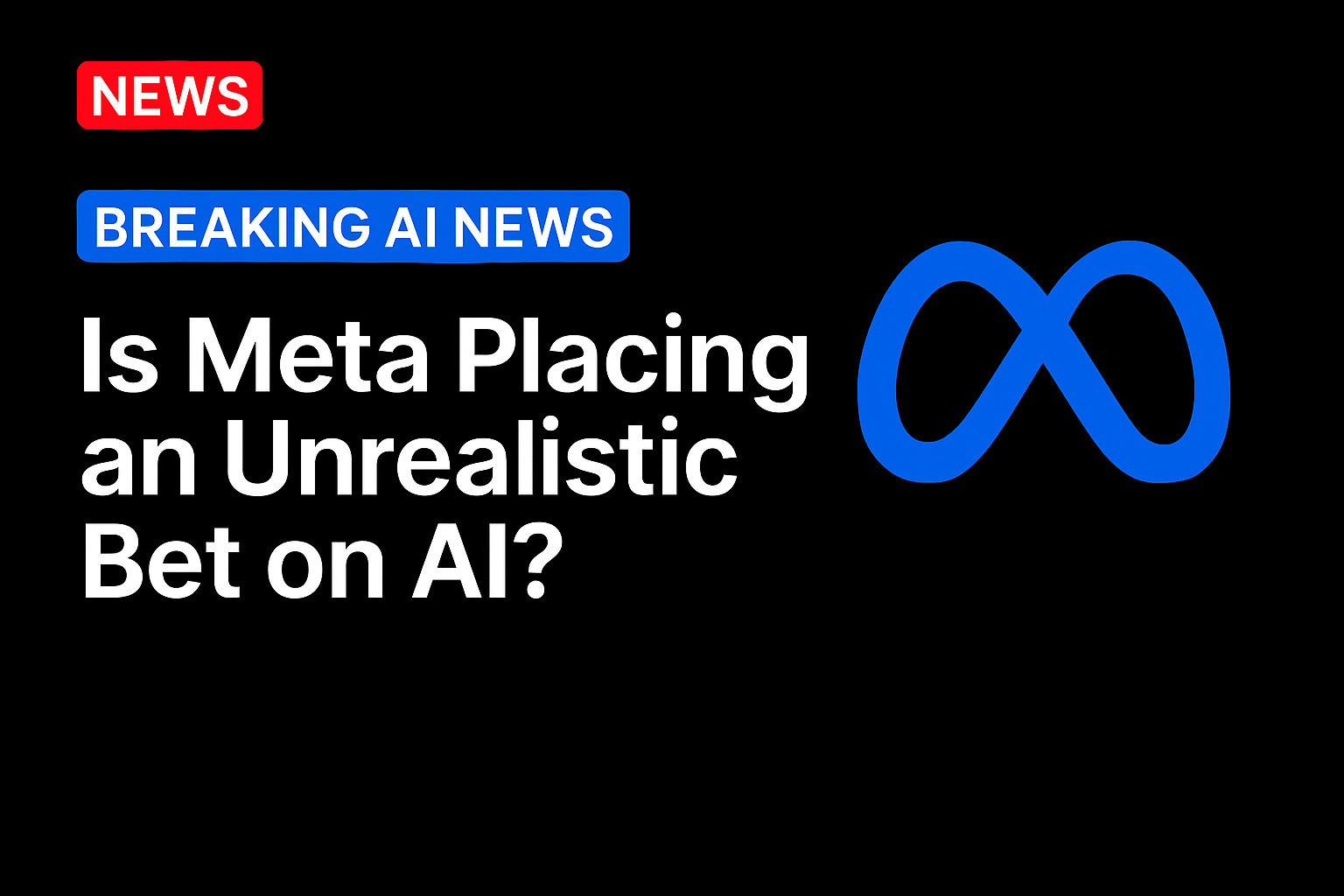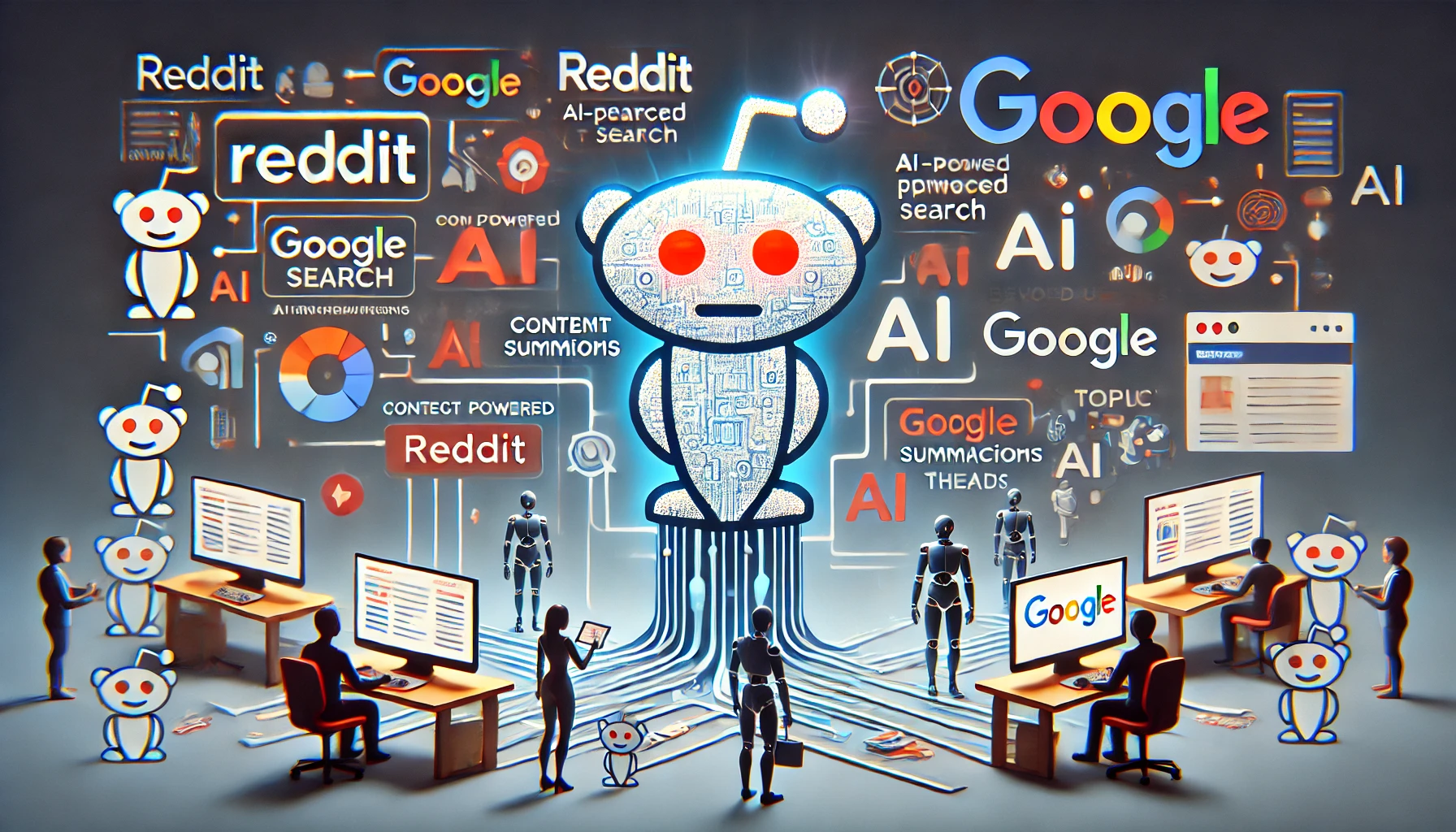
Meta is pouring billions into its biggest artificial intelligence (AI) bet yet. CEO Mark Zuckerberg told analysts in the company’s Q3 earnings call that he is “very focused on establishing Meta as the leading frontier AI lab” and on “building personal superintelligence for everyone.” It’s a moonshot goal backed by massive spending but without a clear plan for returns.
CFO Susan Li said Meta expects capital expenditures to be “notably larger in 2026 than in 2025,” with total expenses rising at a “significantly faster rate.” The main costs are data centers, cloud contracts and AI talent. “We expect further upward pressure on capex as we expand compute capacity to support our AI roadmap,” she said.
The centerpiece of that spending is what Zuckerberg calls “personal superintelligence.” Merriam-Webster defines superintelligence as “an entity that surpasses humans in overall intelligence,” a concept still debated among researchers. As Bloomberg reported, experts disagree on whether it’s achievable or merely theoretical.
Meta’s framing of “personal superintelligence” suggests something between a digital assistant and a personalized operating system, a model that learns from user behavior across Facebook, Instagram, WhatsApp and Quest devices.
But in today’s market, Meta’s own models lag frontier leaders. Its Llama 3 model trails OpenAI’s GPT-4, Anthropic’s Claude and Google’s Gemini on reasoning and multimodal benchmarks. While rivals license their foundation models to developers and enterprises, Meta releases its models open source and earns no direct revenue from them.
Zuckerberg told analysts Meta is “aggressively front-loading building capacity so that we’re prepared for the most optimistic cases.” He added, “Some people think that we’ll get there in a few years, others think it’ll be five, seven years, or longer. I think it’s the right strategy to aggressively front-load building capacity so that way we’re prepared for the most optimistic cases.”
Advertisement: Scroll to Continue
Building infrastructure without a clear definition of what success looks like leaves Meta exposed to the same pattern that has potentially derailed its “Metaverse.” Reality Labs’ operating losses still exceed $4 billion a quarter, according to Reuters. Its total metaverse burn has now pushed past $60 billion since 2020, underscoring the risk of chasing visions that lack commercial validation.
This new AI vision risks the same fate. Unlike Microsoft, Google or Amazon, which have paired AI investments with clear revenue pathways, Meta continues to build for internal use. Microsoft monetizes OpenAI’s models through Azure and Copilot subscriptions. Google sells Gemini and Vertex AI access via its cloud division, and also has a growing TPU business. Amazon’s Bedrock and SageMaker platforms turn infrastructure into recurring enterprise revenue. Meta, by contrast, uses its AI for engagement, recommendation engines, ad ranking, and tools like Meta AI and Reels. Those may improve user metrics, but it’s not clear how they will contribute to the bottom line.
Zuckerberg described Meta’s apps and ads business as “compute-starved,” saying, “We really are taking a lot of the resources and using them to advance future things that we’re doing.” He acknowledged a “very high demand for additional compute both internally and externally,” yet stopped short of saying Meta would sell capacity. “In the worst case,” he said, “we would just slow building new infrastructure for some period while we grow into what we build.”
The company’s workforce strategy reflects the same imbalance. Earlier this year, Meta acquired Scale AI and named its founder, Alexandr Wang, to lead Meta Superintelligence Labs. It also hired engineers and executives from Apple, OpenAI, and Thinking Machines, even as it laid off about 600 people in its AI division, including researchers from its FAIR unit.
Zuckerberg continues to defend the pace of investment. “We keep on seeing this pattern where we build some amount of infrastructure to what we think is an aggressive assumption, and then we keep on having more demand to be able to use more compute,” he said. “So, I think that suggests that being able to make a significantly larger investment here is very likely to be a profitable thing over some period.”
That “some period,” however, remains undefined. Li said there is “no specific timeline for when capex will normalize,” adding that Meta continues to “see opportunities to invest behind our long-term AI priorities.”
Source: https://www.pymnts.com/




